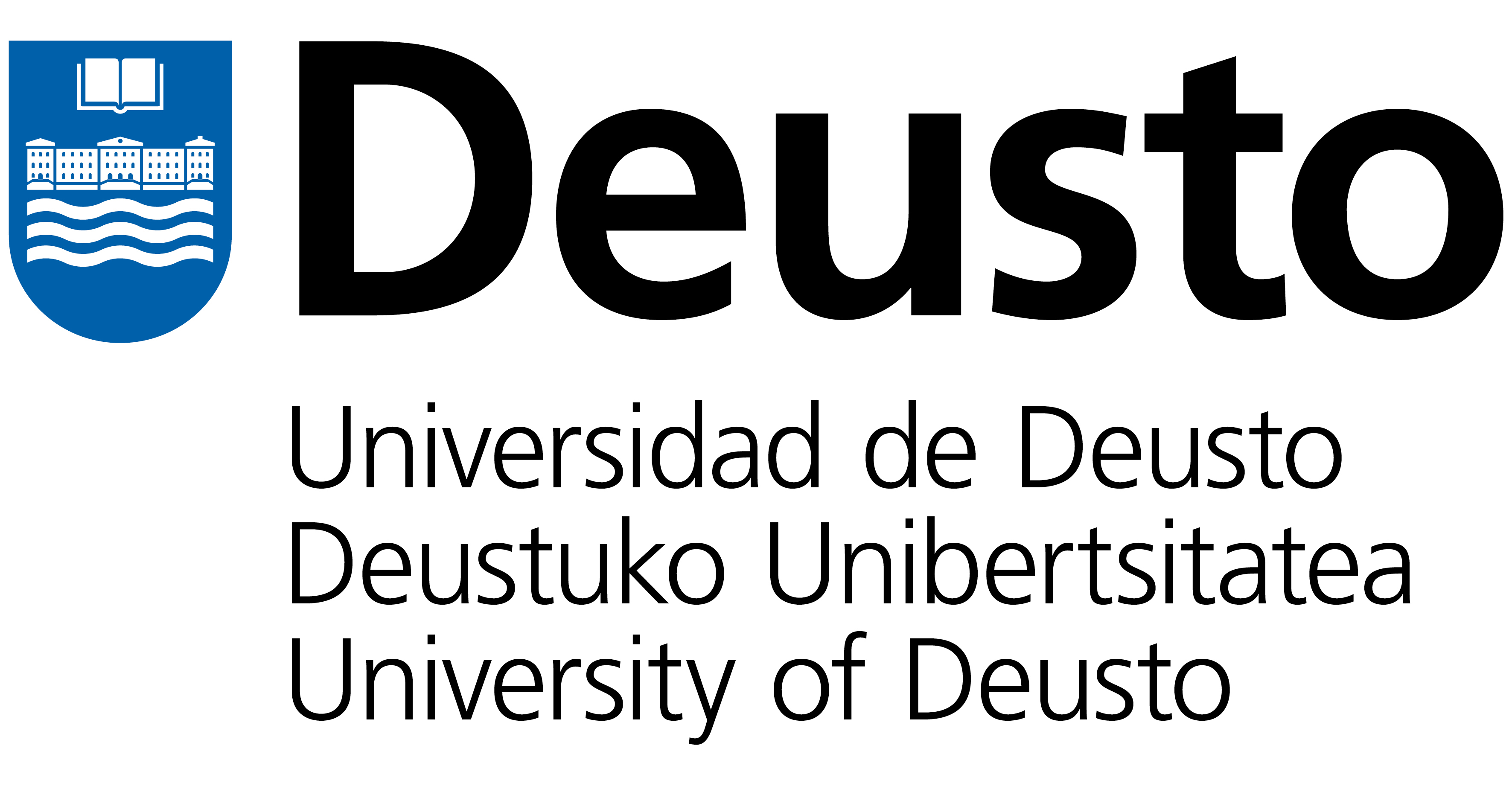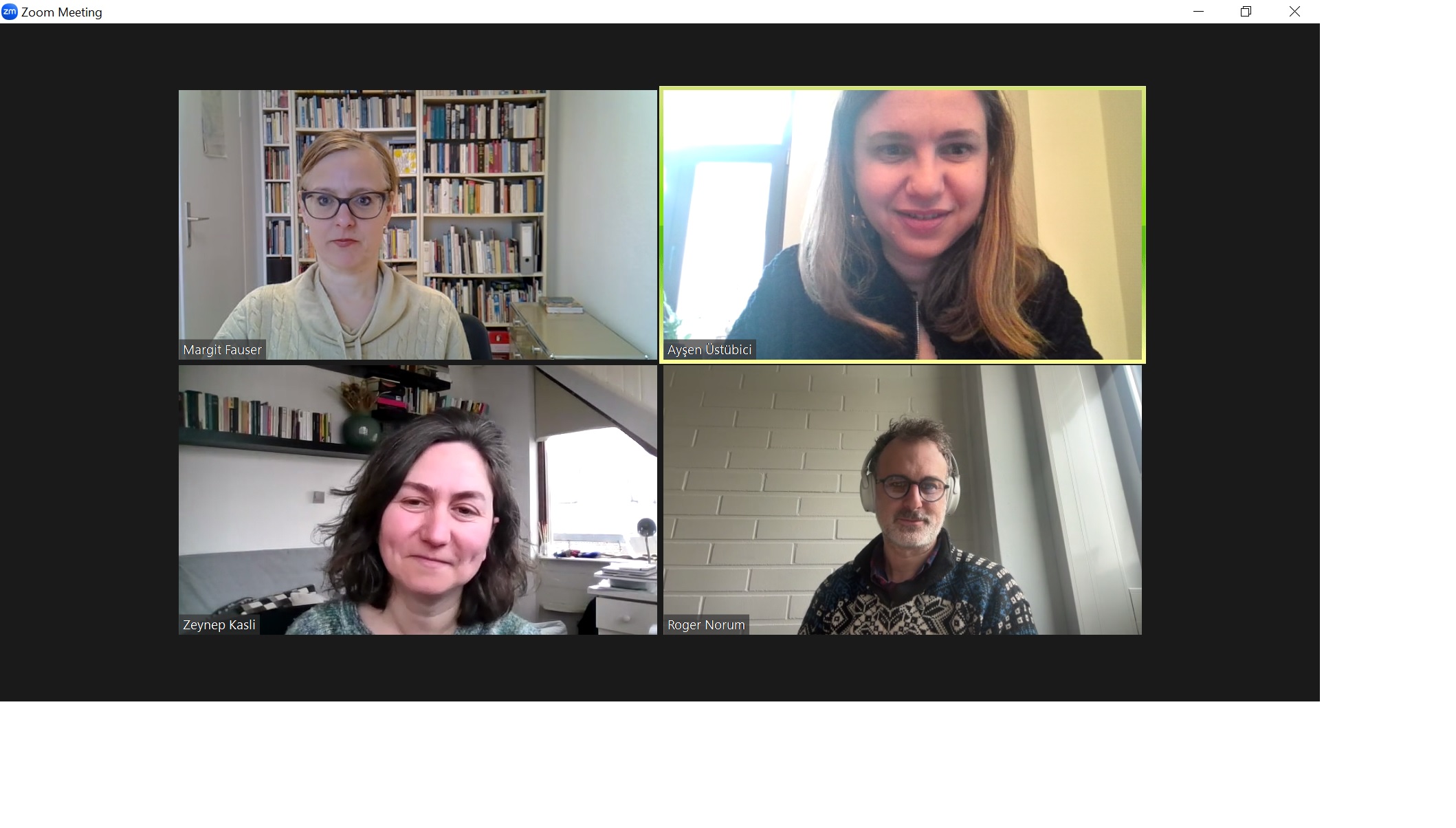Economic and political insecurities and conflicts in recent decades have generated several waves of human displacement. Although generally labelled as refugees, people leaving unstable countries are not homogeneous in social class or background and among them are highly educated and skilled workers and families from (upper) middle-class backgrounds. This project aims at producing a general framework for studying the processes of displacement and emplacement of recently arrived, highly skilled migrants (including but not limited to those officially categorized as refugees) to post-industrial cities where they play a key economic role.
Going beyond the forced–voluntary migration binary, we will focus on professionals originating from economically and politically unstable contexts including Turkey, Russia, Ukraine, Venezuela, and Syria. As the final output, the funding proposal will detail a robust, mixed-methods (qualitative and quantitative) research project with migrants and policymakers at the city, regional and national level. Additionally, the role of social media in shaping migrant experiences will be analysed through innovative methodological approaches [digital research, visual methods]. Potential research sites would be Germany, Spain, Finland, Netherlands (as receiving contexts), Turkey (as receiving and transit context). The research will involve the engagement of non-traditional scholars, such as displaced or self-exiled scholars.
This UNIC platform represents collaboration among the UNIC partners from Erasmus University Rotterdam in the Netherlands (dr. Zeynep Kaşlı), Ruhr-University Bochum (Prof. Margit Fauser), University of Oulu in Finland (Dr. Roger Norum), and Koç University in Turkey (dr. Ayşen Üstübici), University of Deusto (Dr. Gorka Urrutia Asua), DEZIM (Dr. Zeynep Yanaşmayan).









